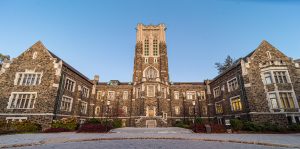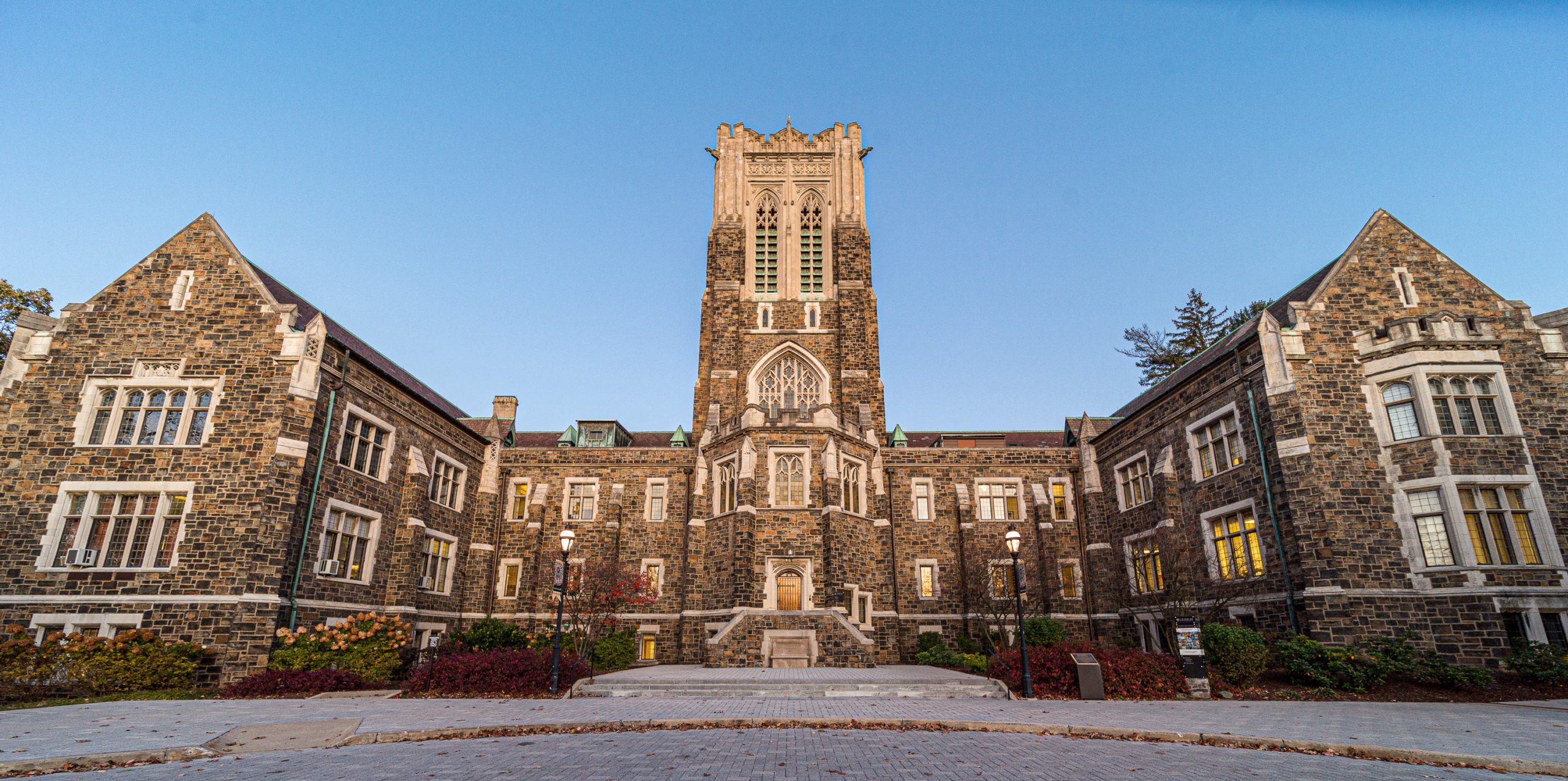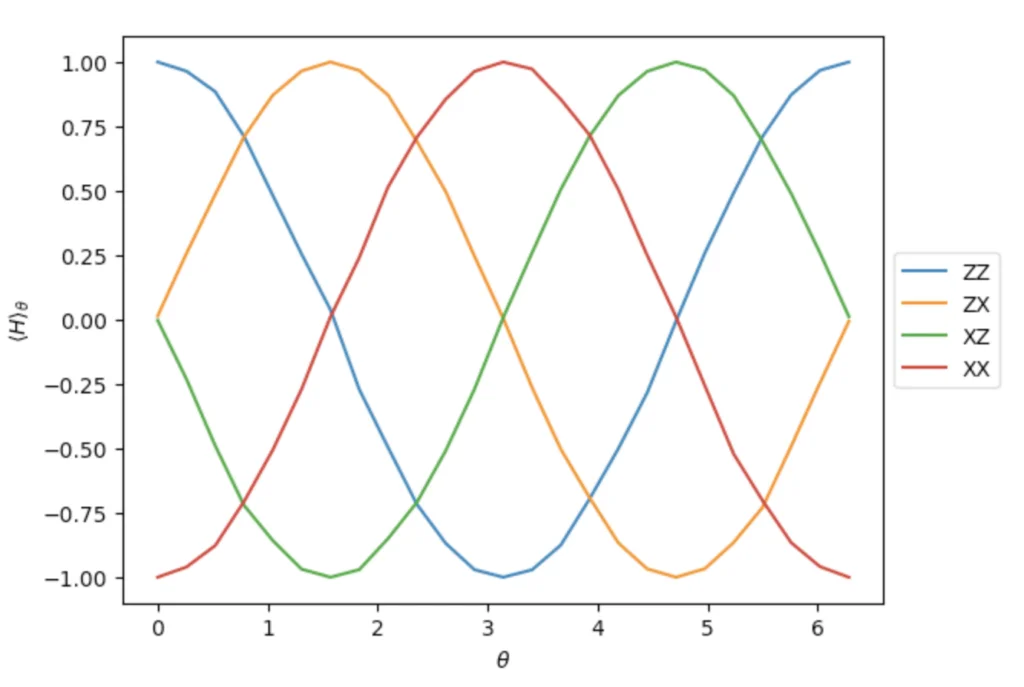
Lehigh University will soon be on the front lines of quantum computing research with a $2.1 million grant from DARPA, according to a university announcement.
With support from a recently awarded $2,128,658 research grant from the Defense Advanced Research Projects Agency (DARPA), an international group led by industrial and systems engineering (ISE) faculty members Tamás Terlaky, Luis Zuluaga, and Boris Defourny will work on optimization algorithms in quantum computing.
“We want to explore the power of existing quantum computers, and those that are predicted to exist in the future,” said Terlaky, who is a member of the Quantum Computing and Optimization Lab (QCOL) in the P.C. Rossin College of Engineering and Applied Science. “We’ll be looking at combinatorial optimization problems for quantum computing with the goal that, in four years, we’ll be able to demonstrate that quantum computers are surpassing the capabilities of classical computers, at least on some problems.”
The lab was established in 2019 to accelerate the development of quantum computing optimization methodology, and associated faculty launched the university’s first quantum computing course this spring.

Terlaky said their work is related to the theory of quantum supremacy, which, very broadly, states that quantum computers will be exponentially better than current silicon computers at quickly solving problems that are unsolvable today. Problems related to fields as diverse as finance, security, genetics, transportation, manufacturing, and machine learning, and that model practical, binary questions such as whether to purchase or not purchase, build or not build, etc.
There is a long way to go to achieve that end. Current quantum computers are about where silicone based computer chips were in the 1950s, said Terlaky, who is also affiliated with Lehigh’s Institute for Data, Intelligent Systems, and Computation (I-DISC).
“In the 50s, we had gym-size computers with very little memory, and very little processing power,” he said. “A lot of programming was written in assembly language, getting the machine the codes, and specifying every gate and route for the information. At this point with quantum computers, the programming language is very similar. It’s not a high-level language where you can write a complicated code easily. So all this software has to develop along with the upcoming hardware.”
Until recently, he said, most of the work in this area was being done by theoretical physicists, electrical engineers, computer engineers, and theoretical computer scientists. But the theory of quantum supremacy is essentially one big optimization problem.
“And we are the optimizers,” said Terlaky. “Very few people in the optimization community have looked at these problems so far. We are definitely the first sizable group to do so.”
Additional researchers involved in the DARPA project include Giacomo Nannicini, IBM T.J. Watson Research Center; Stefan Wild, NAISE, Evanston, IL, and Argonne National Lab; Alain Sarlette, INRIA, Paris, France; Xiu Yang, ISE, Lehigh University and Monique Laurent, Centrum Wiskunde & Informatica( CWI), Amsterdam, Netherlands.
Terlaky said the grant reflects the team’s standing as one of the best in the world at what they do. And he says the collaborative, global reach of the team reflects his own professional ethos.
“I’m originally from Hungary,” he said. “I got all of my degrees there in mathematics, and I started to teach there. I spent 10 years in the Netherlands in an operations research department, then 9 years in Canada as a computer science professor, and I’ve been here for 11 years as an industrial engineer. So for me, science and research and this life is just interdisciplinary and international.”














